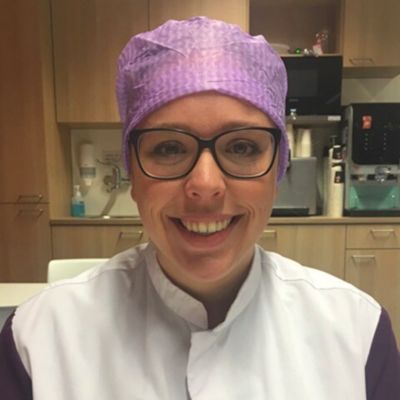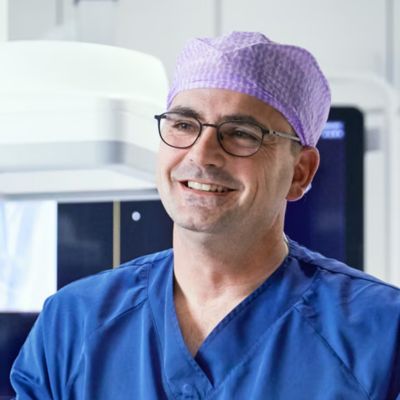St. Antonius Hospital is recognized for its longstanding commitment to continuously improving the quality and efficiency of its healthcare services. However, increasingly complex procedures, unpredictable demand and growing patient waiting time prompted it to look for ways to make more impactful clinical and operational improvements in its interventional labs. When the time came to replace an existing lab, the goal was to invest in a solution that would help improve the quality of care, maximize workflow efficiency, and drive staff and patient satisfaction.

St. Antonius is a leading teaching hospital in central Netherlands with a strong focus on research and training. It offers a wide range of medical specialties and is known nationally for its cardiovascular expertise. St. Antonius runs operations from three different locations and treats more than 93,000 patients annually. Like many hospitals, St. Antonius is challenged with unpredictable patient demand and increasing cost pressures. When choosing a new interventional suite, it turned to Philips as an innovative and trusted partner to help enhance patient care and implement changes to support its long-term interventional strategy.
The Azurion installation provided our interventional team the opportunity to evaluate our existing processes and standardize workflows. This helped us make tangible and significant operational improvements.

Azurion is the next-generation image-guided therapy platform from Philips. St. Antonius was among the first hospitals worldwide to install the Philips Azurion suite. The hospital participated in a comprehensive study to evaluate the impact of the new platform and its clinical workflow on its department.
Study results were verified by NAMSA, an independent third-party expert on study design and analytics. Results revealed that St. Antonius achieved statistically significant improvements in workflow using Azurion. Optimizing in-lab patient preparation time, procedure time and post-procedure lab time enabled the hospital to treat more patients and achieve greater staff and patient satisfaction.
To maximize workflow efficiency, St. Antonius had the goals of reducing unnecessary patient wait time, improving lab utilization and achieving greater consistency in the performance of non-emergency procedures. The study results showed that the combination of the Azurion hardware platform, flexible workflow approach and enhanced training delivery led St. Antonius to impressive improvements in efficiency and patient care across procedure types.
Workflow improvement achieved with the Philips Azurion system enabled St. Antonius to treat one more patient per day. In addition, the time-savings resulted in a 25% reduction in planned cases finishing late, which contributes to reduced overtime expense and increased employee satisfaction.
These improvements had a positive effect on both patients and clinical staff throughout the patient's journey. Performance was measured in three main categories: patient preparation, procedure and post-procedure.
The flexibility of the system enables us to easily make adjustments and work according to the personal preferences of the physician. We can pre-program these preferences in the ProcedureCards.

In addition to access to the latest technology, hospitals have recognized the importance of using process optimization and deep analytic capabilities to radically increase efficiency and competitiveness. To further enhance the benefits already achieved with the Philips Azurion system, a detailed analysis of procedural data and interventional department workflow was performed by the Philips team to identify and address key challenges “beyond the system” in areas such as facility design, staff and patient scheduling, information flow and patient transport.
With Azurion, we were able to change our workflow in such a way that we now can do more patients in a single day, resulting in more patients a week, resulting in more patients per year, with no compromise to patient safety or quality of care.

Comprehensive procedure and system data were combined with an analysis of the facility layout to identify opportunities to optimize workflow around the interventional lab. Infrequently used space was reimagined to create a holding area to reduce patient stress and provide a nearby reading/reporting area to allow physicians to remain in close proximity to the lab.

St. Antonius and Philips worked together to define improvement opportunities, co-creating scenarios for implementation and prioritization. The cooperation resulted in the beginning of improvement initiatives with St. Antonius-led teams.
St. Antonius Hospital: Reduction of procedure time by 17% with Philips Azurion
